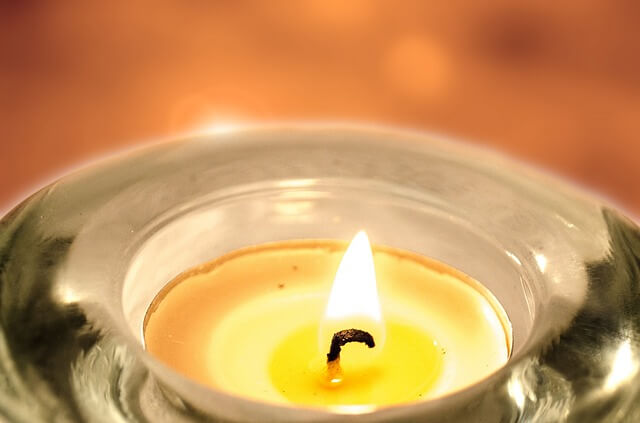
The difference between “lighted” and “lit” is a question that comes up fairly frequently, and people are always looking for the simple answer. The problem with this query is that they are both correct.
Yes, it’s true:
The verb “light” has two acceptable past tense forms: “lighted” and “lit.”
If you’re looking for the original word, “lit” is the answer; however, “lighted” came to be with growing popularity and acceptance over two hundred years ago. “Lighted” looked like it might take the lead and become the true language victor—much like “spilled” overtook “spilt” or “went” overtook “gaed”—but then “lit” had a major resurgence starting in roughly 1930 that “lighted” hasn’t been able to compete with.
“Lit” might be winning the popularity contest at present, but if you feel like “lighted” works for you, go for it. There aren’t many occasions where your language use gets to be a choose-your-adventure decision. So live it up, folks. You have fun out there. I fear this might bring us back to that other definition of “lit,” though, so be careful.
In short, when it comes to the “lighted” vs. “lit” debate, remember that if you’re looking for an adjective, “lit” is the only correct answer—whether you’re talking about a gentle glow or otherwise.
Of course, there’s also the recently popularized new definition of “lit,” meaning “exciting or “excellent,” but that one hasn’t quite made it into the standard dictionaries. It might simply be a matter of time though. “#Lit” is a Twitter favorite after all.